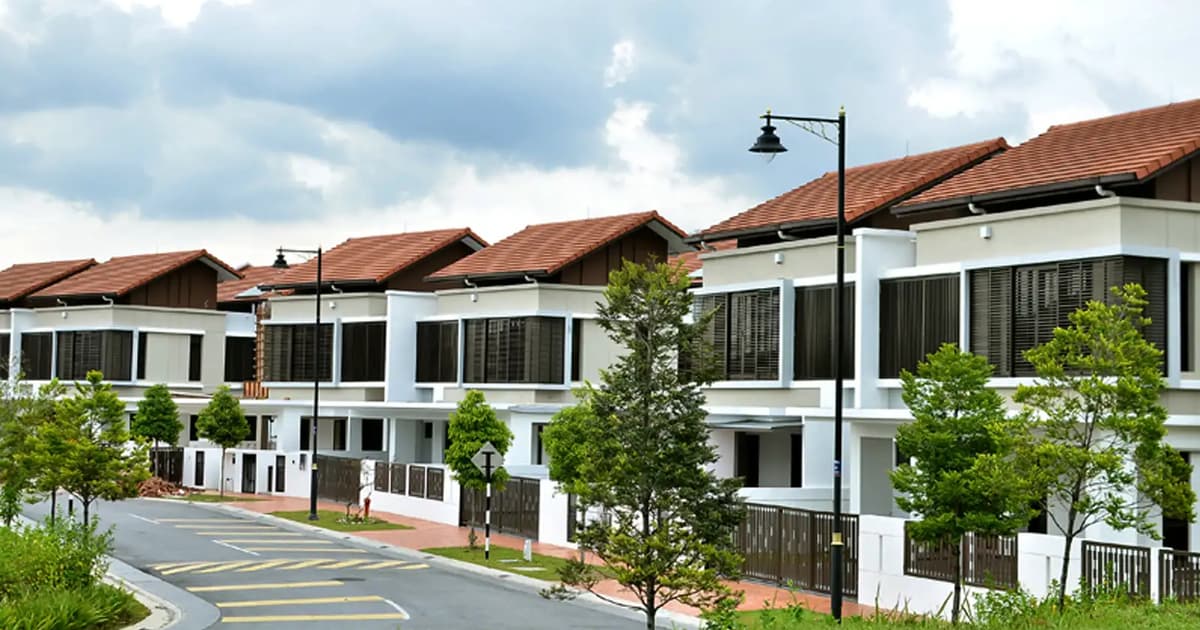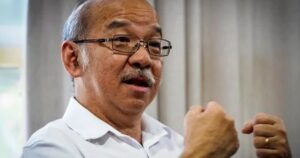
A real estate agency director has warned that imposing the build-then-sell (BTS) model for property developers could lead to higher house prices, as increased construction costs would ultimately be borne by buyers.
Siva Shanker, of Rahim & Co International, explained that under the BTS system, developers are required to finance construction upfront without receiving advance payments from prospective buyers.

These funds, made by home buyers in the form of progress payments, are an important feature in the traditional sell-then-build model, which most developers adopt, he said.
Siva said that in order to fund BTS projects, developers would likely resort to bridging finance to cover the upfront costs. Bridging finance refers to short-term loans taken up by developers to facilitate a project.
Such financing, he said, constitutes an added cost that the developer has to bear.
“That money has to be passed on to someone. Otherwise, the developer will lose money,” Siva said, adding that the developer also runs the risk of the project being abandoned.
“So, the cost of the home or property is bound to go up. We need to think about that carefully,” he told FMT.
He said developers already incur steep fees for permits, approvals and other regulatory requirements imposed by government agencies.
Siva acknowledged that BTS was a good model, but said its suitability in the local property markets was questionable. He urged the government to conduct further research before mandating the model nationwide.
He also said that the incentives offered by the government to developers to adopt the BTS model alone were not likely to reduce their financial burden. He suggested a reduction in government agency fees to help ease the developers’ financial burden.
Siva’s concerns come in the wake of housing and local government minister Nga Kor Ming’s announcement that developers adopting the build-then-sell (BTS) model will be incentivised under the 13th Malaysia Plan.
Details of these incentives are set to be unveiled in the 2026 budget as part of efforts to eliminate abandoned housing projects by 2030.

Consilz Tan, a fellow of Center for Market Education, a think tank, said developers may also face significant hurdles in securing financing under the BTS model.
Tan, who has conducted research in real estate investment, said that although deferring land fees may ease cash flow, it could backfire if units remain unsold.
“Therefore incentives like speeding up planning approvals, waiving the 3% developer license deposit and government-backed guarantees could help cut upfront costs.”
She also suggested that the government explore the build-to-rent option “as a fallback for unsold BTS stock”.






